Keeping backyard chickens can be a rewarding experience, providing fresh eggs and a sense of self-sufficiency. However, chicken ownership also comes with several challenges that can catch new owners off guard. From legal issues to health risks, raising chickens requires careful planning and maintenance. Without proper preparation, backyard flocks can become a source of frustration rather than enjoyment. Below are 15 potential problems that chicken owners should be aware of before starting their flock.
1. Risk of Salmonella and Other Diseases
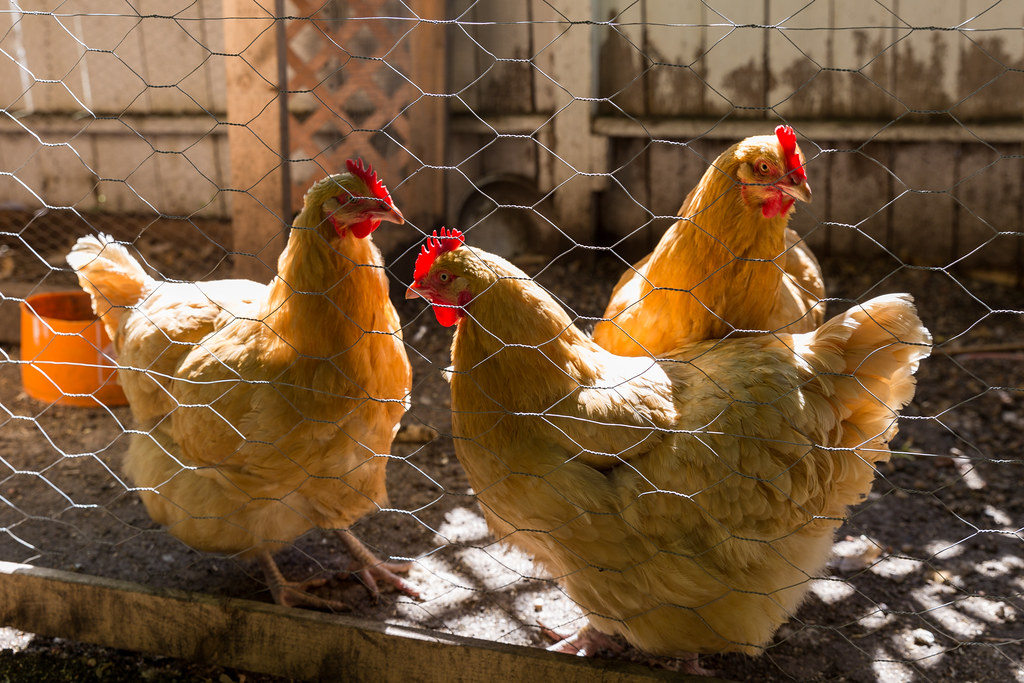
Backyard chickens can carry bacteria like Salmonella, which can spread to humans through direct contact or contaminated surfaces. According to the Centers for Disease Control (CDC), even healthy chickens can harbor dangerous pathogens without showing symptoms. Practicing good hygiene, such as washing hands after handling chickens and keeping their living area clean, helps minimize the risk. Without proper precautions, backyard poultry can pose a serious health threat to families.
Beyond Salmonella, chickens can carry other diseases, such as Campylobacter and E. coli, which can cause gastrointestinal distress. Children, the elderly, and those with weakened immune systems are particularly vulnerable. To reduce exposure, it’s essential to avoid kissing chickens or bringing them inside the house. Proper biosecurity measures can keep both humans and chickens healthy.
2. Zoning and Legal Issues
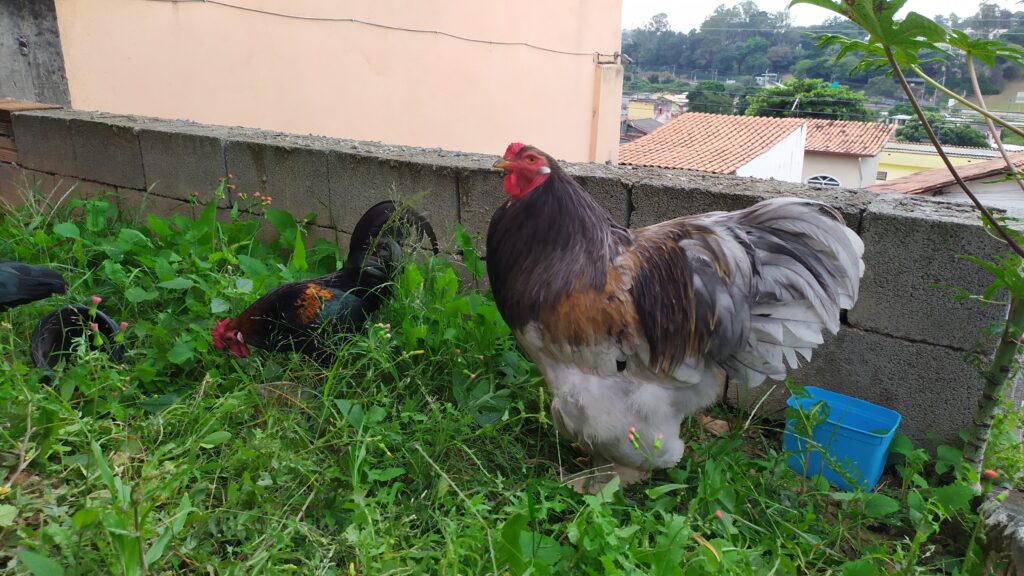
Not all areas permit backyard chickens, and violating local regulations can lead to fines or forced rehoming. The New York Times notes that many cities and homeowners’ associations have strict rules on chicken ownership. Some places limit the number of birds allowed, while others prohibit roosters due to noise concerns. Checking local ordinances before getting chickens can save owners from unexpected legal trouble.
Even in areas where chickens are allowed, obtaining necessary permits may be required. Neighbors might also oppose chicken coops, leading to disputes or complaints. If legal issues arise, owners may need to appeal decisions or seek exemptions. Understanding zoning laws and community restrictions is crucial for avoiding costly problems.
3. Potential for Noise Complaints
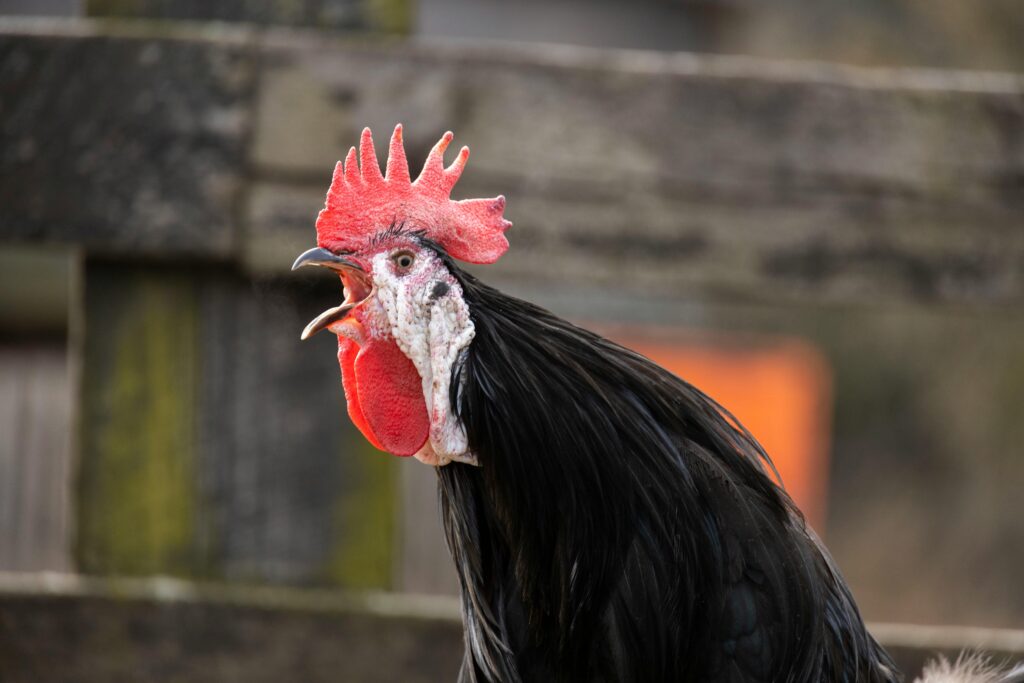
Many people assume only roosters make noise, but hens can be quite vocal as well. According to Backyard Poultry Magazine, hens may cluck loudly after laying eggs or when alarmed by predators. This can become a problem in quiet neighborhoods, especially early in the morning. Noise complaints from neighbors can lead to tension and even legal disputes.
To minimize disturbances, owners should consider their coop’s placement and the breed of chickens they choose. Some breeds, like Australorps and Orpingtons, are quieter than others. Providing ample space and reducing stressors, such as sudden disturbances, can also help keep noise levels manageable. Being mindful of noise concerns can prevent conflicts with neighbors.
4. Attracting Predators to Your Yard

Backyard chickens are vulnerable to predators such as foxes, raccoons, and hawks. National Geographic reports that urban and suburban areas are seeing a rise in wildlife encounters due to habitat loss. A backyard flock can easily become a target, leading to injuries or fatalities. Even domestic pets like dogs and cats may pose a threat if not properly introduced.
To protect chickens, secure coops with reinforced wire and predator-proof latches are essential. Motion-activated lights or deterrents can help keep nocturnal predators away. Free-ranging chickens should be supervised, especially in areas with known predator activity. Proper security measures can mean the difference between a thriving flock and a tragic loss.
5. Cost of Maintenance
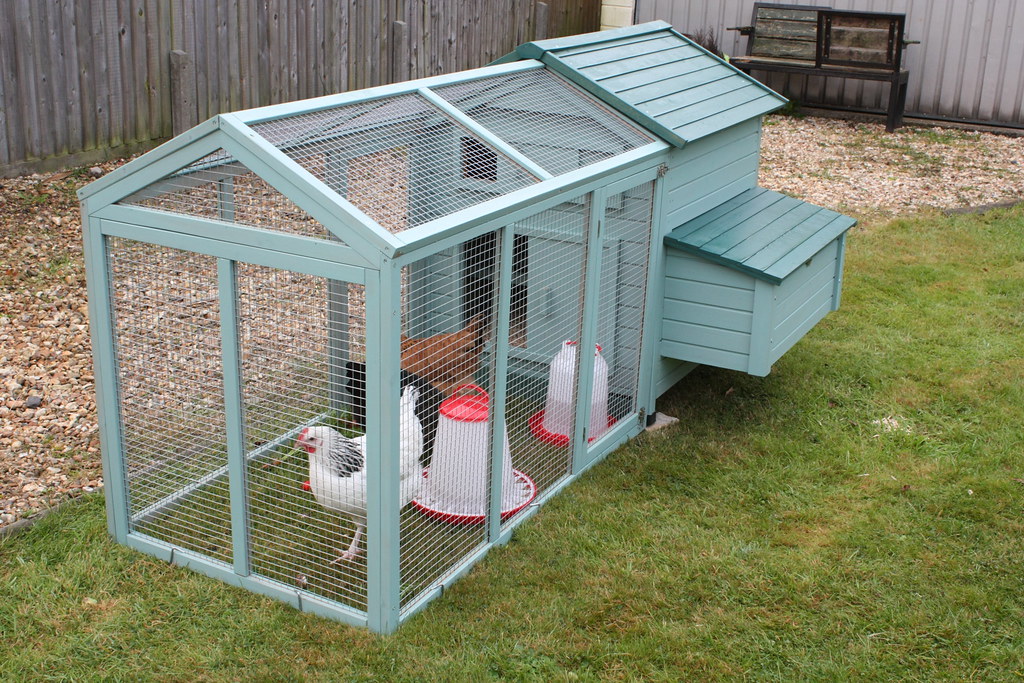
Although backyard chickens are often seen as a cost-effective way to obtain fresh eggs, the reality can be quite different. Feed, bedding, coop maintenance, and veterinary care add up quickly. Owners who fail to budget for these expenses may find themselves overwhelmed. Chickens also require ongoing care, making them a long-term financial commitment.
Unexpected costs, such as medical treatments for sick birds, can further strain budgets. Predators, harsh weather, or disease outbreaks may require expensive coop modifications. Those considering backyard chickens should carefully assess whether they can afford both the initial setup and recurring expenses. Planning ahead ensures financial stability in maintaining a flock.
6. Spread of Poultry-Specific Diseases
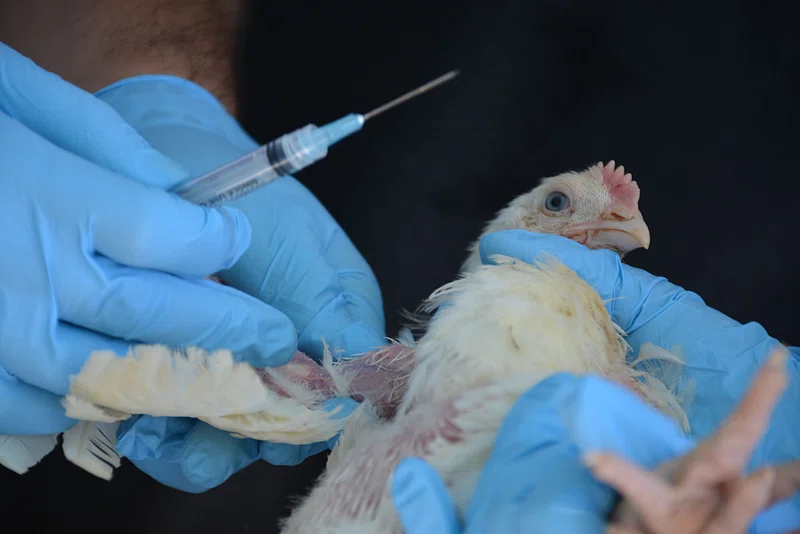
Backyard flocks are susceptible to contagious diseases like Marek’s disease and avian flu. These illnesses can spread rapidly, leading to high mortality rates. Without proper vaccination and preventative care, entire flocks can be wiped out. Disease outbreaks can also impact local poultry populations if infected birds interact with other backyard flocks.
Owners must stay informed about disease prevention, including biosecurity measures and proper sanitation. Quarantining new birds before introducing them to an existing flock is essential. Regular health checks and prompt treatment of sick chickens can prevent the spread of illness. A proactive approach to poultry health can save both money and heartache.
7. Damage to Your Lawn and Garden

Chickens are natural foragers, and their constant scratching can destroy lawns and gardens. They dig up soil looking for insects and will happily feast on vegetable plants and flowers. Without protective barriers, a flock can quickly turn a well-manicured yard into a patch of dirt. Many owners underestimate the impact chickens can have on landscaping.
Designating a specific area for chickens or using movable fencing can help limit damage. Raised garden beds and chicken-proof barriers can protect vulnerable plants. While free-ranging has benefits, allowing chickens unrestricted access to a yard can lead to unwanted destruction. Proper planning helps balance the needs of both chickens and garden spaces.
8. Unpleasant Odors and Waste Management
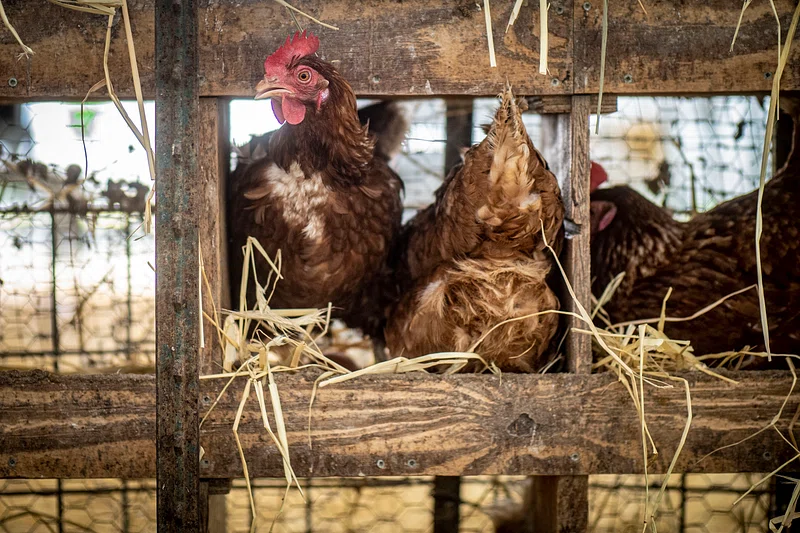
Chicken coops require regular cleaning to prevent unpleasant smells from developing. The buildup of waste not only creates foul odors but also attracts flies and rodents. In hot weather, ammonia from droppings can become overpowering, leading to potential health issues. Without proper waste management, coops can quickly become unsanitary.
Using deep bedding methods or composting manure can help manage odors effectively. Regular cleaning schedules and proper ventilation are essential for maintaining a fresh environment. Neighbors may complain if waste management is neglected, leading to disputes. Keeping coops clean ensures a healthier and more pleasant experience for both owners and the surrounding community.
9. Health Risks from Dust and Dander

Backyard chickens generate a significant amount of dust and dander, which can pose health risks to humans. This is particularly concerning for individuals with respiratory conditions such as asthma or allergies. Dust from feathers, feed, and droppings can accumulate quickly in coops and surrounding areas, leading to irritation. Proper ventilation and frequent cleaning help reduce airborne particles and improve air quality.
Exposure to poultry dust over time can cause respiratory discomfort, especially in enclosed or poorly ventilated spaces. Some owners may experience symptoms such as coughing, sneezing, or eye irritation when handling chickens or cleaning coops. Wearing a mask and gloves while performing maintenance tasks can help minimize direct exposure. Choosing breeds that produce less dander may also be beneficial for those with sensitivities.
10. Potential Aggressive Behavior
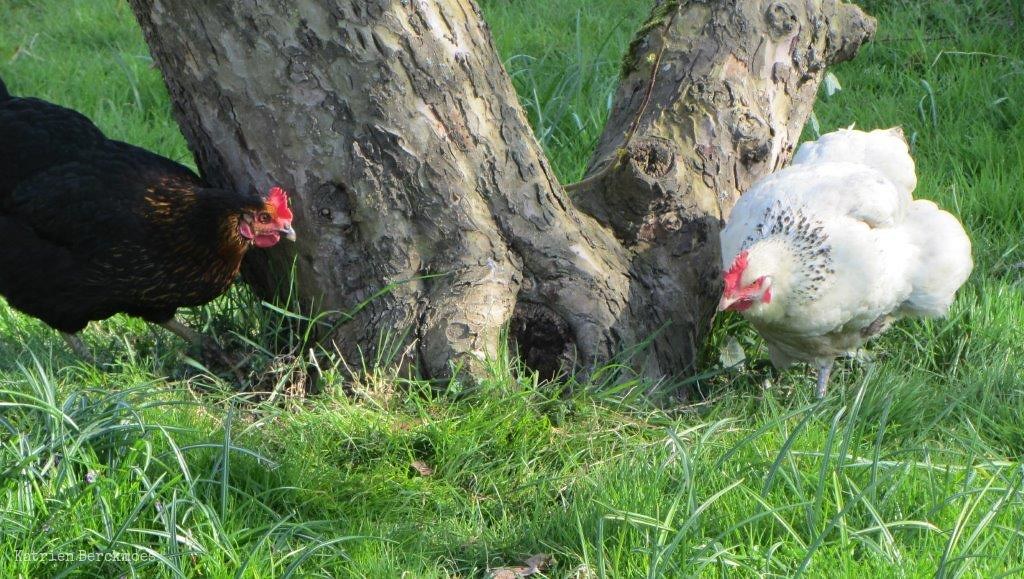
While chickens are generally docile, they can display aggressive behavior under certain conditions. Roosters, in particular, are known for their territorial instincts and may attack humans or other animals. Hens can also become aggressive if they feel threatened, especially when protecting their eggs or competing for resources. Establishing a pecking order within the flock often leads to occasional squabbles.
Aggression can be managed by ensuring chickens have enough space, food, and enrichment to reduce stress. Overcrowding or sudden environmental changes may trigger hostile behavior. If a chicken becomes overly aggressive, separating it from the flock temporarily may help restore balance. Handling birds gently and frequently from a young age can also contribute to a calmer demeanor.
11. Limited Egg Production Over Time
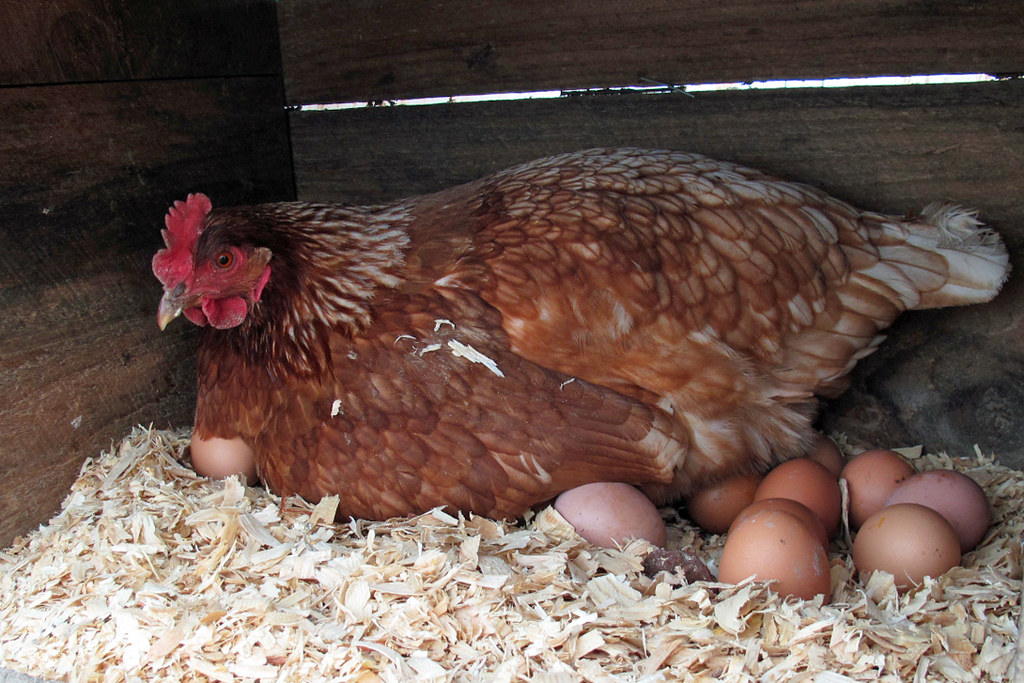
Hens lay the most eggs during their first two years, with production gradually decreasing afterward. Some breeds continue laying for several years, but at a slower rate. Eventually, older hens may stop laying altogether while still requiring the same level of care and resources. Owners who expect a steady egg supply may need to introduce younger hens periodically.
Seasonal changes and diet also influence egg production, with shorter daylight hours in winter leading to a natural decline. Some owners use artificial lighting in coops to extend laying periods, though this can impact the birds’ natural cycles. Molting, a process where hens shed old feathers and grow new ones, further reduces egg output. Understanding these factors helps set realistic expectations for long-term chicken keeping.
12. Risk of Overcrowding

Keeping too many chickens in a confined space can lead to stress, disease, and aggression. Overcrowding makes it difficult for birds to establish a healthy social structure, increasing the likelihood of pecking and injuries. Chickens need adequate room to move, forage, and roost comfortably without excessive competition for resources.
A lack of space can also lead to poor sanitation, as droppings accumulate faster in tight quarters. This increases the risk of infections and respiratory issues due to ammonia buildup. To prevent overcrowding, owners should follow recommended space guidelines based on flock size. Expanding the coop or reducing the number of chickens can help maintain a healthier environment.
13. Difficulty Finding Veterinary Care
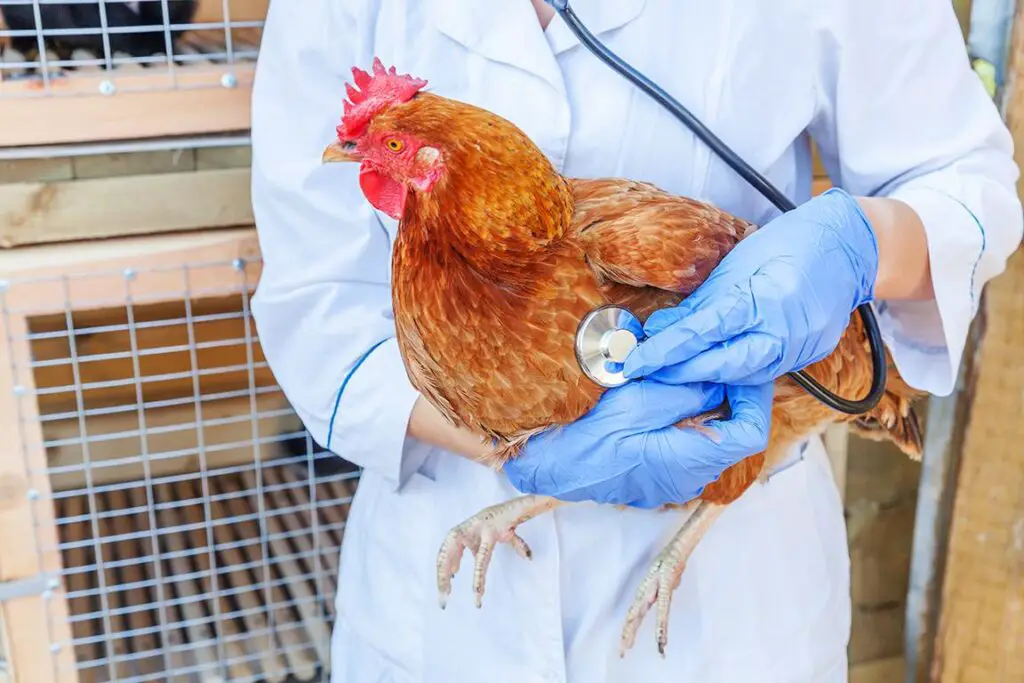
Not all veterinarians specialize in poultry, making it challenging to find medical care for sick or injured chickens. Many small animal vets lack experience with chickens, and those that do may be located far away. This can lead to delays in treatment or reliance on home remedies that may not be effective. Planning ahead by researching poultry veterinarians in the area is essential.
Emergency situations, such as egg binding or injuries from predators, may require immediate intervention. Without a reliable vet, owners may struggle to provide proper care. Some backyard chicken keepers opt to learn basic first aid for common issues. However, for serious conditions, professional medical attention is often necessary to ensure the well-being of the flock.
14. Challenges with Seasonal Care
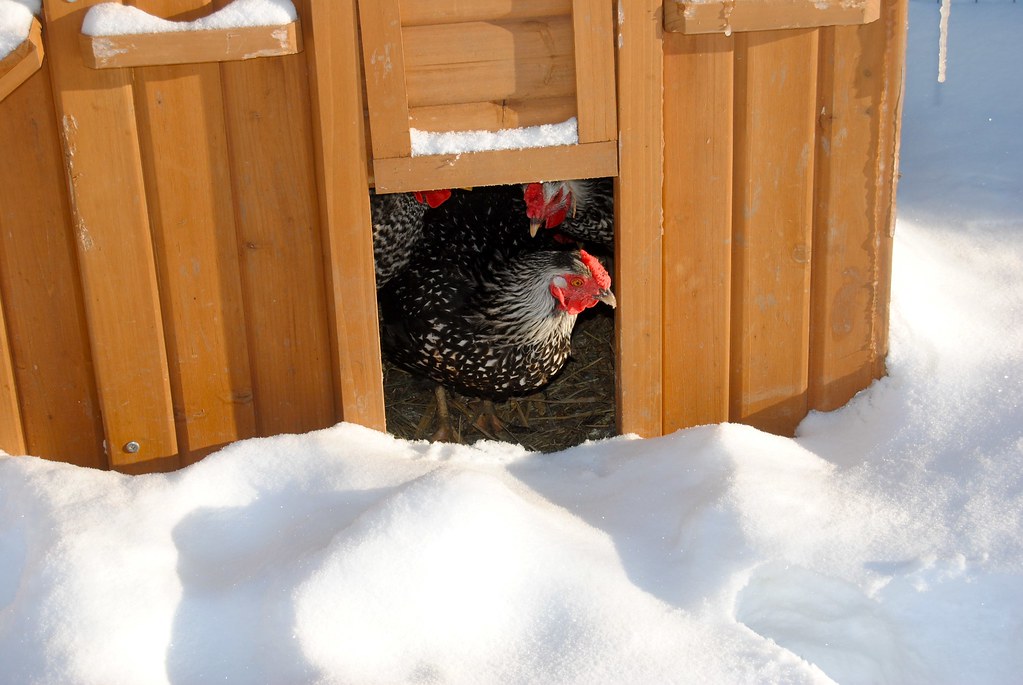
Chickens require special attention during extreme weather conditions to stay healthy. In winter, freezing temperatures can cause frostbite on combs and wattles, while water sources may freeze over. Providing insulated coops, heated water dispensers, and wind protection helps keep birds comfortable. Some owners use supplemental heating, though it must be used cautiously to avoid fire hazards.
In hot weather, chickens are at risk of heat stress and dehydration. Proper shade, ventilation, and fresh water are necessary to prevent overheating. Some owners offer frozen treats or misting systems to keep birds cool. Seasonal care adjustments require time and effort but are essential for maintaining a thriving backyard flock.
15. Emotional Challenges of Ownership

Raising backyard chickens can be emotionally demanding, particularly when dealing with illness, injury, or loss. Chickens are living creatures that require daily care, attention, and problem-solving. Losing a beloved hen to disease or a predator attack can be heartbreaking for owners who form attachments to their birds. Accepting the realities of chicken keeping is an important part of the experience.
In addition to emotional challenges, unexpected circumstances may arise, such as rehoming a rooster due to noise complaints or dealing with an aggressive hen. Owners must be prepared for the ups and downs of flock management. Despite the difficulties, many find chicken keeping rewarding and develop deep bonds with their birds. Understanding the level of commitment involved can help new owners make informed decisions.
